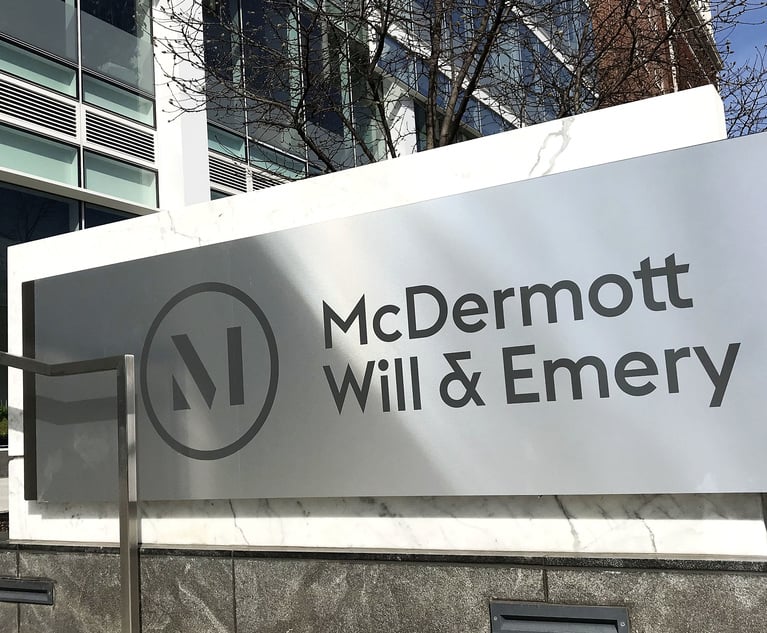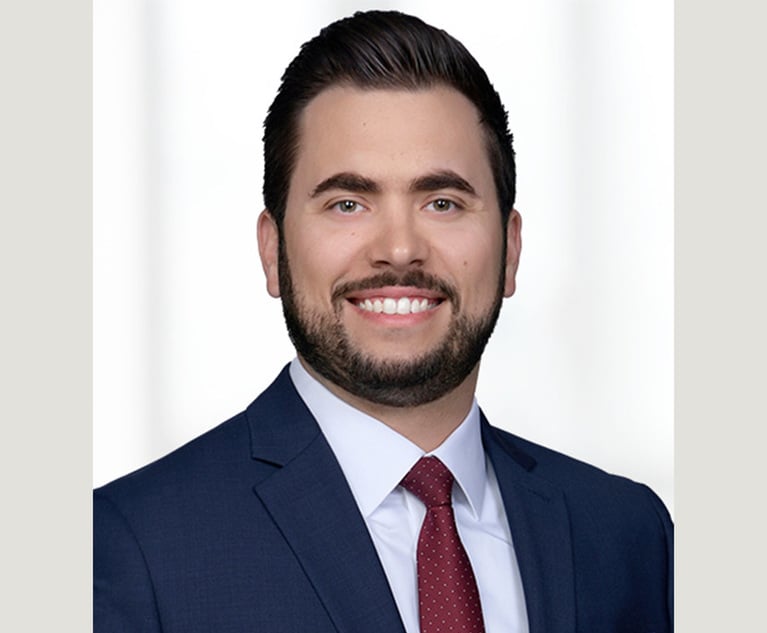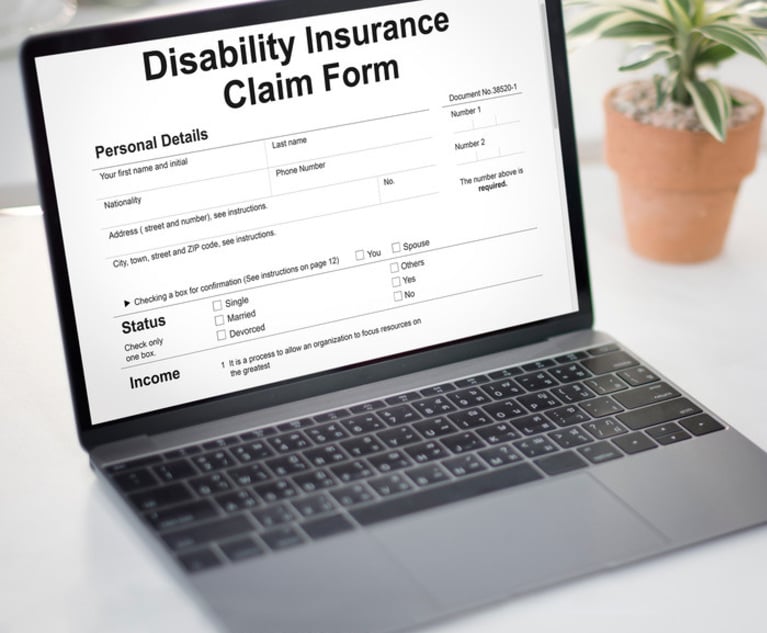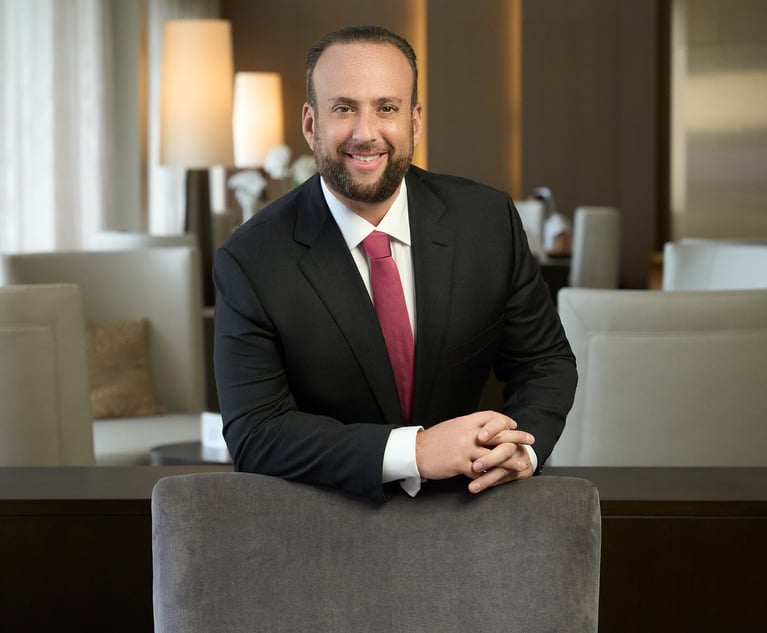What is happening in today’s insurance marketplace and how is it being affected by the pandemic? Entering 2020, the cost and availability of insurance experienced hard market conditions. The 10-year run in premium reductions for corporate property and casualty insurance ended. Premiums increased and coverage restrictions were common. Inflation of claim settlements and the costs of reinsurance required underwriters to be much more disciplined than in past years. Insurance buyers could expect 20%-50% increases in pricing. Premium increases were not meaningful for many businesses that experienced substantial revenue growth over the last 10 years.
Prior to the pandemic, the general consensus was that 2020 would conclude with stabilization in the insurance market as additional capital flowed in. However, the impact of COVID-19 has put more pressure on insurers, and created a difficult environment for businesses that utilize commercial insurance to manage risk and grow.


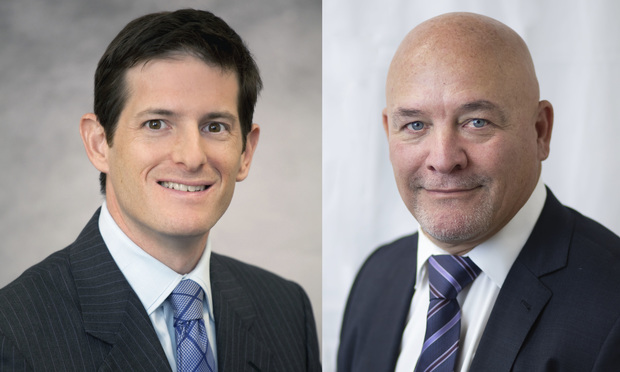 Gary Reshefsky, left, and David Josefsberg, right, of Century Risk Advisors.
Gary Reshefsky, left, and David Josefsberg, right, of Century Risk Advisors.
